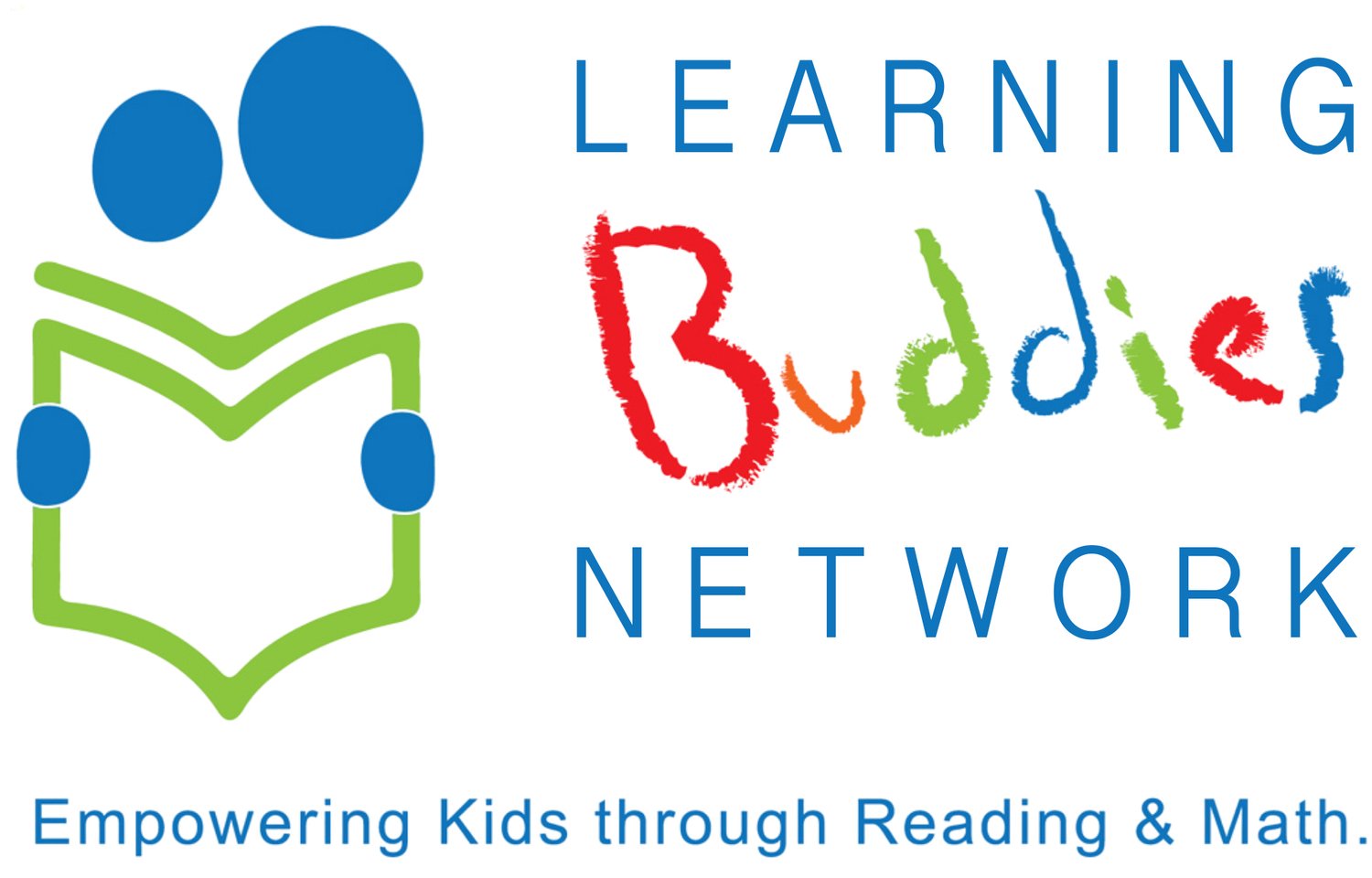A Complete Guide to Preparing For Your Exam
Source: Unsplash (@nguyendhn)
Preparing for exams can be a challenging yet rewarding process. The stress associated with exams can be overwhelming, making it crucial to prepare for them with both efficiency and well-being in mind. Success in exams often depends on effective planning, smart study techniques, and a positive mindset. This comprehensive guide will explore key strategies to help you prepare thoroughly and confidently for your upcoming exams.
Mindful Planning/Organization:
Create a realistic study schedule that accommodates your daily life and prioritizes self-care. Allocate time for breaks, relaxation, and activities that bring joy. Remember that there is no shame in taking a short break if you are burned out or no longer want to study. Furthermore, identify the subjects requiring the most improvement for the upcoming exam and focus on mastering them. Once you have a solid understanding of all subjects, thoroughly review note packets, online resources, and instructional videos provided by your teacher. Be organized by keeping a comprehensive to-do list, ensuring you cover all essential materials and tasks for your exam preparation.
Smart Study Techniques:
Explore active learning methods, such as teaching concepts to others, to deepen understanding. This means studying smart instead of studying mindlessly for hours. Notable study methods include the blurting method, the Feynman method, the Pomodoro technique, and spaced repetition. Moreover, in this era of advanced technology, make the most of technological resources such as Quizlet to create interactive learning experiences that align with your individual preferences.
Positive Mindset:
Cultivate a positive mindset by setting achievable goals and celebrating small victories. Recognize and challenge negative thoughts, fostering a growth-oriented perspective. Practicing gratitude and surrounding yourself with supportive individuals is a great way to foster a positive mindset. Be mindful and aware, and focus on the solution rather than the problem. Lastly, embracing a growth mindset and limiting exposure to negative influences can contribute to a positive mindset.
Stress Management:
Incorporate stress management techniques, such as mindfulness and breathing exercises, into your routine. Learn to recognize signs of stress and take proactive steps to address them. Take 5 minutes out of your day and try out different breathing exercises. You may be surprised at how helpful they can be! Another way to reduce stress is to set realistic study goals that align with your capabilities and time constraints. Break down large tasks into smaller, manageable steps for a sense of accomplishment, reducing your stress. Utilize a to-do list, whether in physical or digital format or create a checklist of attainable goals to be completed before the exam. This could involve noting down small, achievable milestones to guide your study approach.
Healthy Lifestyle Choices:
Prioritize adequate sleep, balanced nutrition, and regular exercise for optimal cognitive function. Don’t stay up until 2 a.m. in the morning to study. This study shows just how important sleep is to support healthy brain function and the development of the brain and maintain physical health. Keep in mind that prioritizing sleep is the most important thing you can do for the well-being of your body. Hydration is also essential to support concentration and overall well-being.
Active Revision Strategies:
Active revision also involves engaging with study material through strategies like flashcards, mind mapping, and self-quizzing to enhance understanding and retention actively. The active revision strategy comprises a diverse set of techniques, collectively aimed at assisting students in memorizing and comprehending academic content. This article shows a more in-depth explanation of the active revision strategies. This approach encourages participation in the learning process, promoting effective comprehension and application of information.
Social Support and Collaboration:
Establish a support network with friends, family, or classmates to share experiences and resources. Collaborate in study groups to gain different perspectives and enhance learning. Try to organize a time and day when everyone in your study group can meet up and study. Through these study sessions, you can clear up confusion, solidify your understanding of the material, and collectively contribute to a collaborative learning experience.
In conclusion, approaching exam preparation with a well-balanced mindset is key to success. Mindful planning and organization, incorporating smart study techniques, maintaining a positive mindset, managing stress, and adopting healthy lifestyle choices are all important components of a preparation strategy. By setting realistic goals, and leveraging social support and collaboration, you not only enhance your understanding of the material but also promote a positive approach to exam preparation. Remember that exams are also an opportunity to develop valuable skills such as time management, critical thinking, and resilience. As exam season slowly approaches, embrace the process, stay positive and celebrate small victories along the way. Best of luck!

